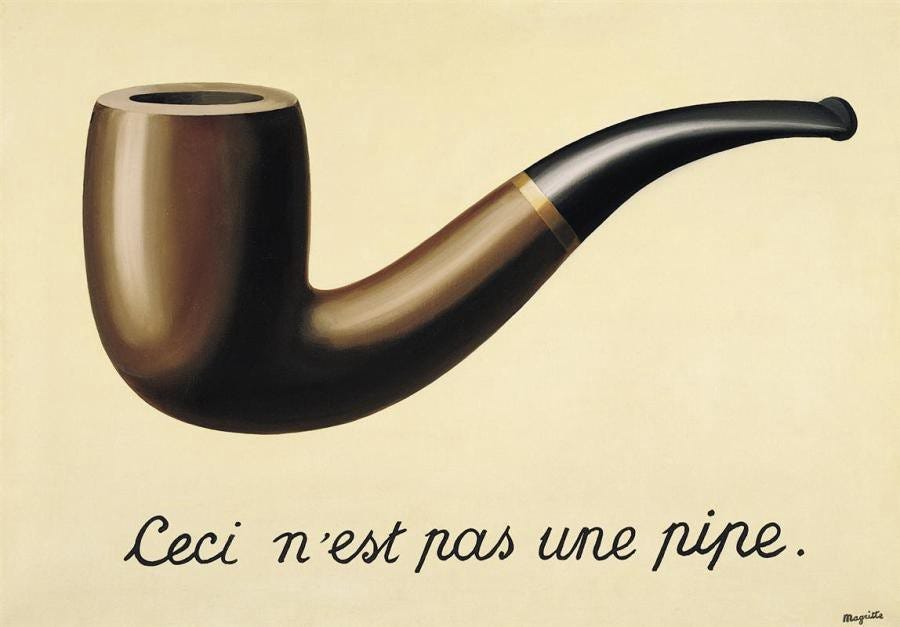I wondered what was the difference between sincerity and authenticity
Are we really who we think we are?
More than I would like sometimes, I question myself. We all do, I suppose, to a certain degree, depending on what's going on in our lives.
When I look at how politicians act, how the media world evolved, and what history tells us, I come to wonder how sincerity, honesty, and authenticity notions have unfolded through centuries. Lately, I have questioned myself about my own sincerity and authenticity. I don't want to misbehave or hurt, I don’t mean bad, but sometimes my after-feelings say differently. I want to share certain things, but I decide not to say everything, being scared or uncomfortable with how others respond. I talk about a topic in a conversation with what I think is transparency, trying to nuance my opinions, but end up wondering, “Is it really what I think?” Are these thoughts or behaviours challenging my sincerity or authenticity? Have you been in this situation before?
I have been questioning more and more many of these patterns after professional and personal situations or conversations. Sometimes right after, sometimes weeks after. It has never been a calm or easy thing to go through despite wanting to learn, improve and be better as an individual in society. I also didn't really want to think about it too much due to… oh hello, anxiety! For the past month, it has been constant. It doesn't feel good, although it's insightful. I tried to reassure myself by thinking about either what my friends or therapist had shared with me before. And here we are; I have been questioning whether I am really who I think I am / would like to be.
So, I came to sit down in front of my computer and looked at what sincerity and authenticity mean for philosophers, psychologists, journalists or authors. The two notions are connected, but as with most things in life, they have subtleties. Through time and intellectuals, it refers to identity, integrity or freedom. While sincerity seems to be linked to transparency in our thoughts/feelings, authenticity seems harder to explain. Some compared it to "the wisdom substitute" developed during Antiquity, meaning wisdom changed into authenticity in our modern occidental societies.
« “Know thyself” was written over the portal of the antique world. Over the portal of the new world “Be thyself” shall be written. » O. Wilde, The Soul of Man under Socialism, 1994.Lionel Thrilling, who dedicated a whole book about the two notions, talked about authenticity as a transformation of sincerity. In other words - and that's a big summary - authenticity touches every aspect of how we act and be, transforming our lives profoundly, much like the teachings of ancient wisdom did. But can authenticity, like any virtue, also be shaped by the circumstances in which it can be expressed? It seems to go beyond isolated moments, reaching into every corner of our lives and influencing how we show up in the world (or society?).
What's the difference with sincerity, then? Sincerity comes from oneself and, therefore, can be biased. When talking about sincerity, we can also talk about truth. Being sincere doesn't mean being trustworthy or true. Sincerity plays with subjectivity and often can be confused with honesty, which implies a refusal to lie. In opposition to authenticity, explains some, which can only be real if true to yourself and others.
Does it mean there is absolutely no disguise, no mistaken beliefs?
“A single moral precept can replace all the others, and it is this: never do or say anything that you do not want everyone to see and hear. » J. Rousseau, Julie ou la Nouvelle Héloïse, IVe partie, lettre VI ; in Oeuvres complètes, 1961.Therefore, looking at being/becoming more sincere, honest or authentic isn't cheating? Can we be sincere, honest and authentic with ourselves and others in our societal roles?
I wonder now how people will feel about this story.


